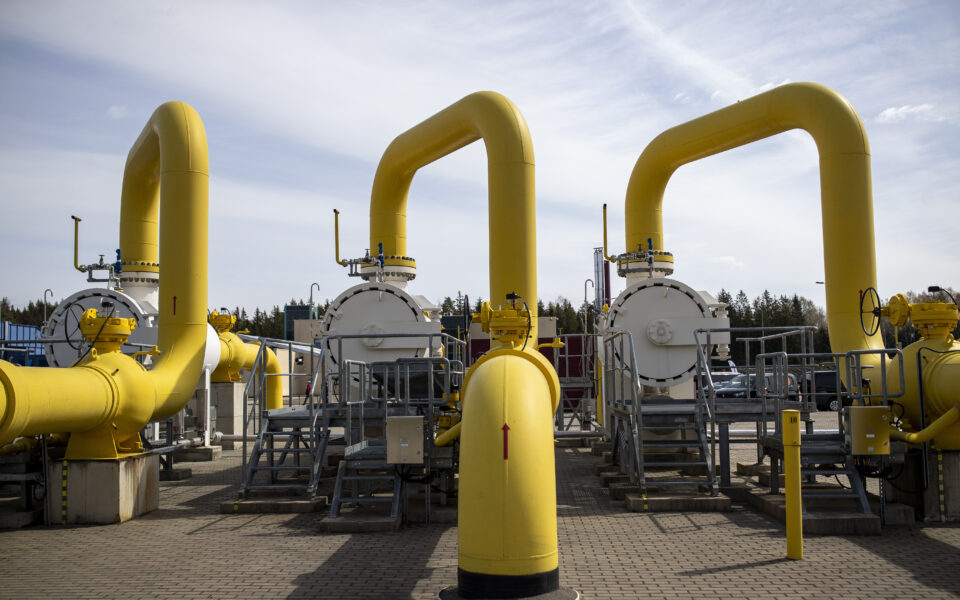Athens bracing for decisive EU energy council

With the energy crisis in full swing, the government is focusing its attention on the unfolding debate at the European level, ahead of the July 26 Council of EU Energy Ministers.
Having made it clear that it does not agree with the European Commission’s proposal to reduce gas consumption by 15%, Athens is monitoring developments and sticking to the proposals submitted by Prime Minister Kyriakos Mitsotakis, including putting a cap on rates, which, together with a series of other interventions, would contain energy costs and put a brake on speculative energy games.
At the moment, two camps are forming among the ranks of the European Union, which could be called the North and South fronts. However, government sources have stressed that division by geographical criteria is not accurate, as the 12 member states that appear to oppose the Commission’s proposal also include countries in northern Europe.
Whatever the case, Athens thinks that the main factor influencing coalitions is the degree of energy dependence on gas.
Many have identified Germany as being behind the Commission’s proposal, due to concerns caused by the disruption of supply through the Nord Stream pipeline.
The situation for Greece is different, as the supply is through a different pipeline. What’s more, Greece has done a lot of preparatory work for the transportation and storage of liquefied natural gas (LNG).
In any case, the intensity of the new confrontation within the EU is seen as a harbinger of strong polarization, similar to that of the years of the economic crisis. Only that, at the present juncture, the balances are being shaped by the degree of gas dependence.
“It has been made clear by every country that has expressed its opposition to the Commission’s proposal that a horizontal reduction in gas consumption will create problems that will not be easy to address,” a government source said.





